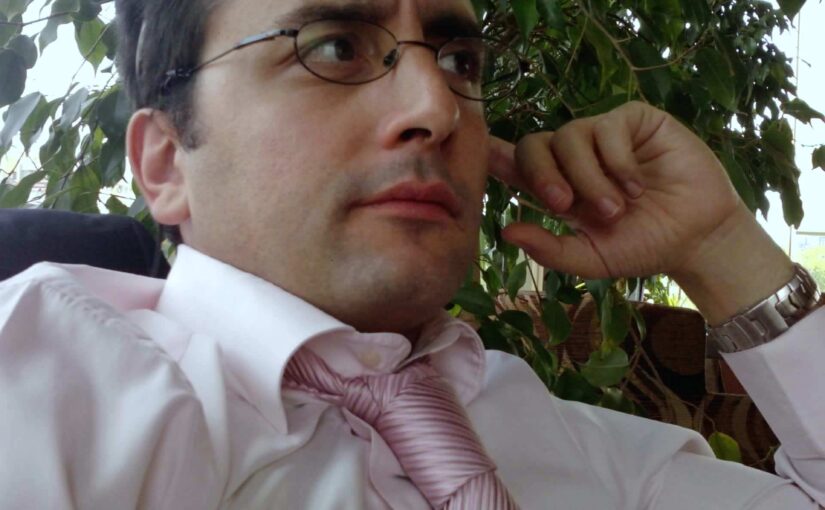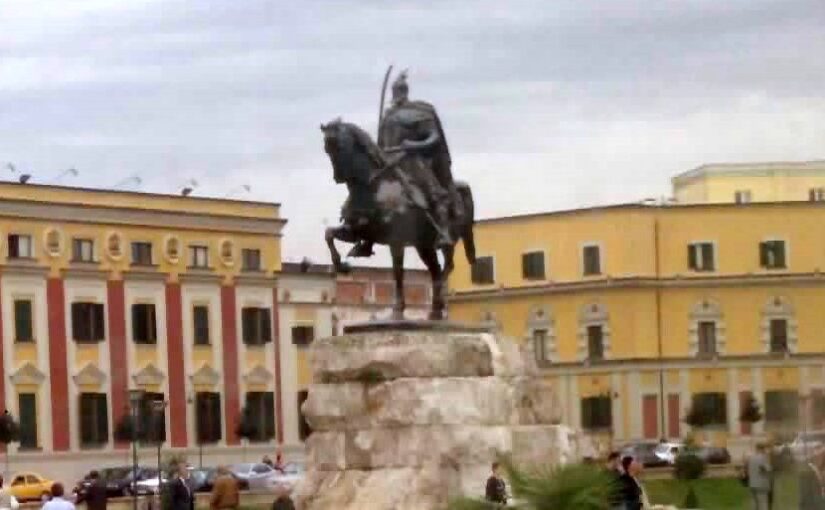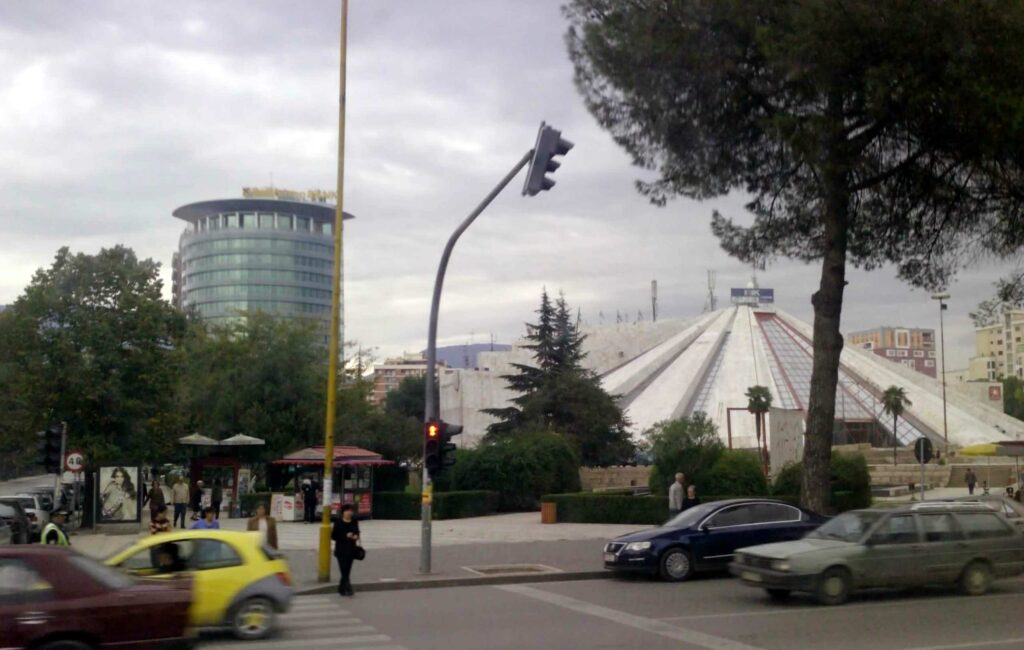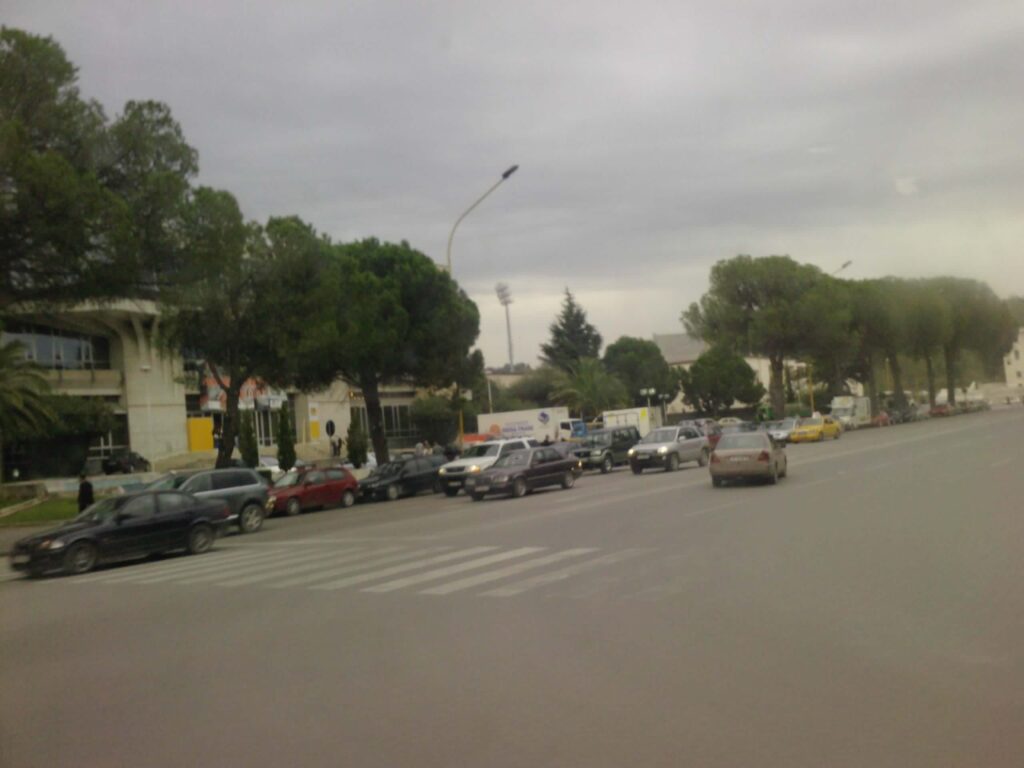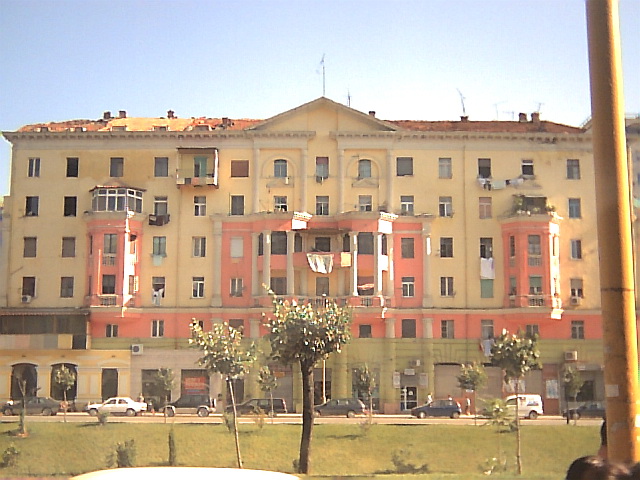One of my very first cases in the prime court of Tirana in 2004 was a pro bono custody case that involved multiple categories of law. At that time, I didn't fully realize that I was experiencing the freedom to use and interpret the law in a unique and valuable way.
My client was a mother of two daughters born out of wedlock who had been sued by their father, who was currently in prison and seeking sole custody. It was clear to me that the father didn't really care about the children, and that his request for custody was just an attempt to get out of prison.
In order to win the case, I needed to prove that the father's request for custody was not legal or was not his real motive. I prepared an expert witness, a psychologist, to confirm that the mother was a fit parent, and we had to go through several court hearings, including two formal ones in front of the judge.
The third hearing was held in a real courtroom, and the plaintiff was escorted to the courthouse by the police. I waited until this hearing to question the plaintiff directly. When I asked him about his daughters' birthdays, he didn't know the answers, which confirmed my suspicion that he didn't really care about the children.
I continue through a series of questions concerning the children and their personalities, the school performance of the eldest daughter, their preferences and childhood choices, I myself was surprised by the total chastity of the plaintiff, finaly, I went on to ask about the legal advantages he would gain by becoming sole custody, which his lawyer objected to as irrelevant. However, my questioning had already made it clear to everyone in the courtroom that the plaintiff's lawsuit was not really about the welfare of the children, but about his own self-interest.
In my written conclusions, I explained the real reason for the lawsuit, and the judge ultimately rejected the father's request for custody and allowed the children to remain with their mother.
Looking back on this case, I realize that I wasn't fully prepared for it. I could have asked more questions, such as why the father had never married my client, whether he had recognized the children as his, and whether he saw them regularly. Nonetheless, this case taught me the value of interpreting the law in a free system and the importance of fighting for what is right.
